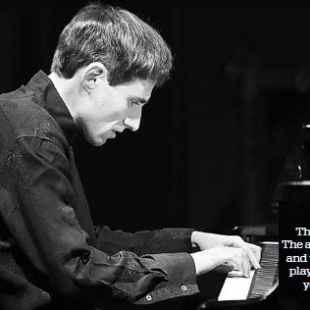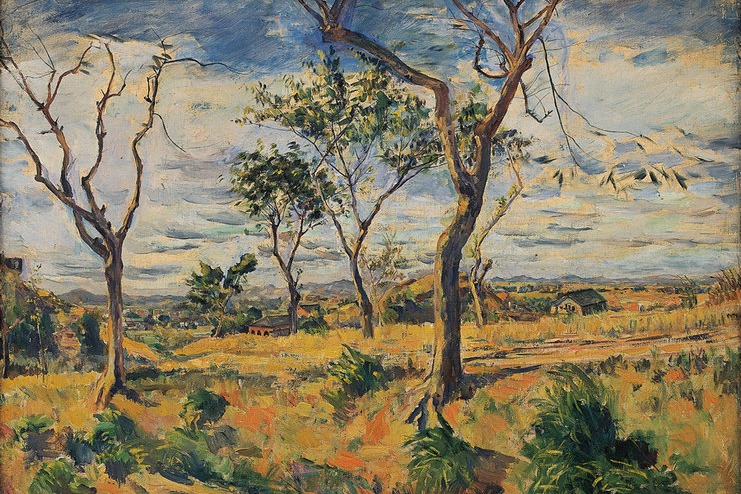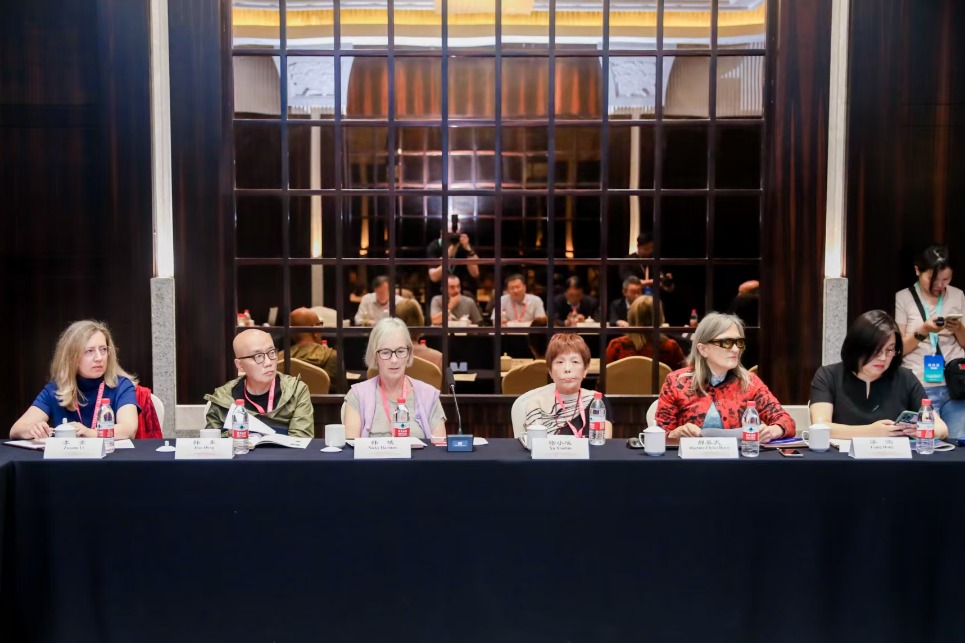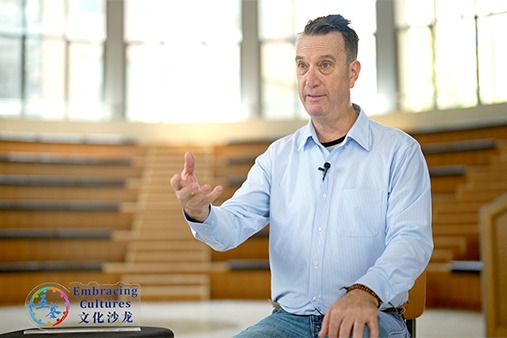Hitting the right keys

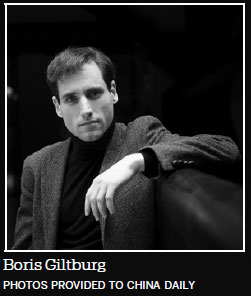
A young Israeli pianist is making waves thanks to the way he looks at pieces written by famous composers
As young Israeli pianist Boris Giltburg begins to talk about piano works and his unique interpretation, his eyes noticeably light up, radiating excitement and enthusiasm.
For him, music evokes imagery in the same way as poetry does. The music notes are intricately woven, within which the composers deftly and wittily conceal their wildest fantasies and subtlest sensitivities.
Though having been to China almost every year since 2007, for this year's China tour, Giltburg is faced with a particularly intense schedule.
Just hours after his arrival in Beijing, he presented a three-hour piano recital at an art salon.
However, Giltburg says that music never tires him.
"Performing for me is a pleasure. If anything, I get energy from the audience, from the interaction and from the music itself."
Among the pieces Giltburg performed at the recital was Etu des-Tableaux, Op. 39, homage to Sergei Rachmaninoff, one of his favorite composers.
He has recorded a number of Rachmaninoff's representative piano works, including his most recent recording, which came out earlier this year - Rachmaninoff's Piano Concerto No. 3 and Variations on a Theme of Corelli.
While his dexterity is widely recognized, as his previous recording of Rachmaninoff's 2nd Piano Concerto was awarded Best Soloist Recording (20/21st century) at the Opus Klassik Awards, what is more interesting is how he channels the composers through his performance.
"While it is obvious that everything is deeply felt, what we hear seems a portrayal of the composer's musical imagery, rather than the soloist's take on it," music critic Patrick Rucker said of Giltburg's previous Rachmaninoff recording.
This is in fact how Giltburg approaches each piano piece he plays.
His approach, largely visual, searches for the composer's vision that lies deep within the notes, instead of actively creating a certain imagery based on his previous experience.
"It's really important not to come up with an idea before you actually play the piece. It means you already closed off all the other possibilities of looking at the music," Giltburg says.
"It's much better when after having played a piece for maybe three, four months, you suddenly realize that something begins to grow from the music. And it's always a lot stronger and more organic because it's really connected with the music."
With the Etudes-Tableaux, literally meaning "study-pictures", Giltburg vividly illustrates his concept, exemplified evidently by Etude-tableau Op. 39, No. 6, entitled Little Red Riding Hood and the Wolf, which offers a darker yet more thrilling account of the famous fairy tale.
"It's now not one wolf, but three, because there are three voices playing in the same line, one after another, louder as the wolves chase her. And it ends with the growl of the wolf. So in this version, it's the wolves who survive in the end.


